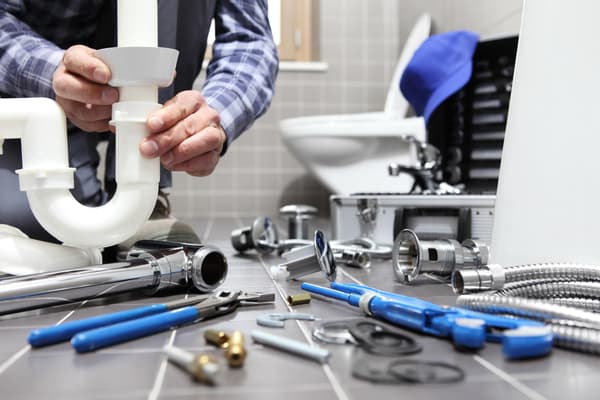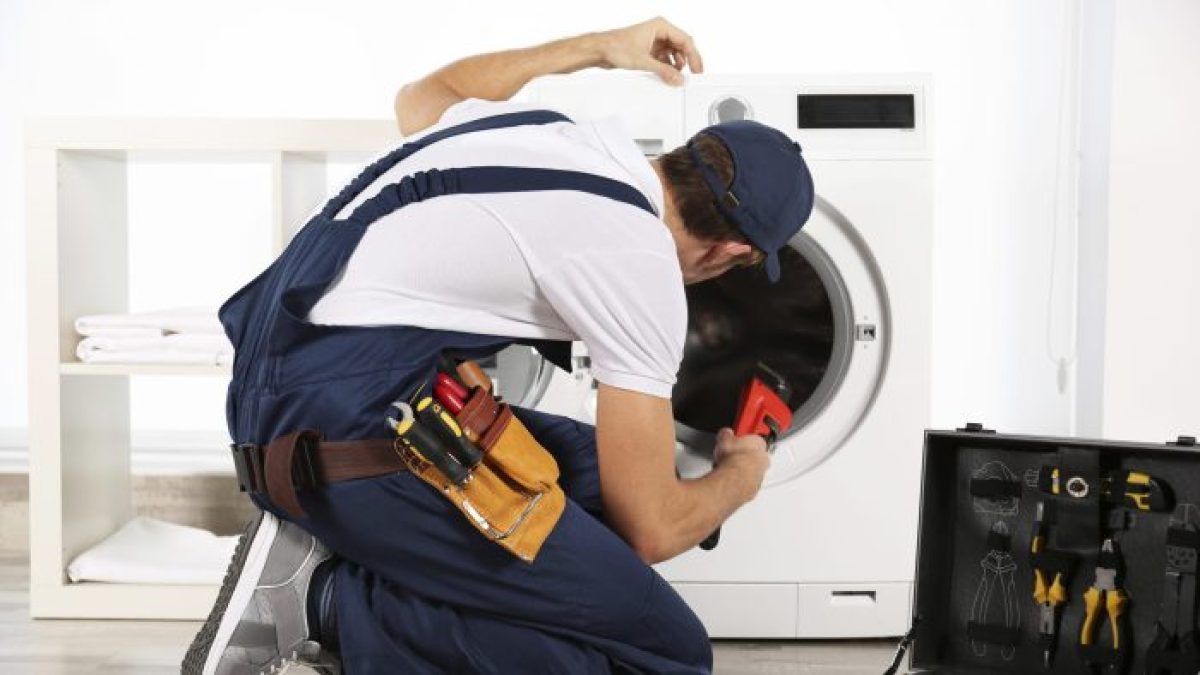Everyone is bound to have their private way of thinking involving Ways to Make Your Pipes Last Longer.

The trick to durable devices, unsurprisingly, appertains maintenance. There's no hard and fast policy that can assure your plumbing appliances a lengthy wear, however you can prevent unnecessary damage as well as repair services by preventing poor plumbing behaviors.
You should stop doing these 6 things else you'll maintain calling your plumber over for minor faults.
Purging every little thing
Yes, your commode drainpipe causes the sewage systems, yet that does not suggest you need to dispose simply anything down the tubes. Lots of 'flushable' materials are in fact excellent blockage starters, as an example dental floss. Asides maintaining apparent non-flushable products like wires and also plastics out of your toilet, you should additionally stay clear of flushing cotton swab, menstruation products, wipes, daipers as well as condoms down the toilet drain.
Pouring oil in the sink
We understand properly disposing of oil after a hearty meal is a pain. But merely putting it down the drain can do long-term damage to your pipes. "The fat and grease can obstruct your drainpipe terribly sufficient to force you to call a plumber," clarifies Dawson. "Plumbing functions best when it's well cared for-- not abused with oil."
Utilizing too much drain cleaner
Using a drain cleaner more than once or twice a month is an indication that something severe is taking place within your pipes. Now, instead of facing the main issue, you choose a quick fix; a carbonated drain cleaner. Rightfully, a drain cleaner will take care of the blockage, but at what price?
The chemicals in a drainpipe cleaner can quicken the deterioration of your pipes. Include that to whatever underlying trouble is causing the obstruction as well as you may have to a serious trouble on your hands.
If you experience too many clogs, call your emergency plumber as opposed to utilizing a drainpipe cleaner.
Not rinsing recipes before filling them right into the dishwasher
it's called a dishwashing machine, however throwing in recipes, pots, as well as frying pans covered in large food fragments can in fact create some severe damage to the home appliance, causing lasting issues down the line. "Home owners might need to obtain their dishwasher fixed regularly if they do not rinse their dishes prior to loading, or a minimum of get rid of bigger food items," clarifies Audrey Monell, proprietor of Forrest Anderson Plumbing and A/c in Glendale, Arizona. "Food that gets stuck on meals causes the dishwasher to function harder, which can wear down components much faster, leading to problems."
DIYing everything
With plumbing, a stitch in time truly does save 9. You can stop a fullblown plumbing emergency by calling your plumber at the correct time.
You may have learnt a couple of plumbing hacks from your father, yet you should understand where to fix a limit and also call a specialist. For instance, you might be able to deal with a clog yourself, but you should not try to alter a pipeline. You can inequality pipelines or overtighten a bolt, causing more injury as well as damages than you assumed. Calling a plumber is a safe as well as cost effective decision.
Not transforming your dishwashing machine hose pipes
One very easy means to make certain that you utilize your dishwashing machine for several years is to change the pipe a minimum of as soon as in 5 years. This additionally looks for cleaning equipment hoses.
In time, food fragments, soap and oil can develop clogs within your pipes. Replacing them on schedule will prevent any kind of presure accumulate that can harm the interior operations of your dishwashing machine or cleaning maker.
A reinforced steel braided hose pipe does a wonderful job of prolonging your machine's use time.
No winter safety measures
Extreme weather are bad for your pipes, specifically if they're constructed from steel. You need to protect your subjected pipelines, as well as your water storage tank, even if you have a water heater. You ought to also turn off your yard pipe valve and any other outside water channels. These channels are outlets for cool; you pipelines can begin to ice up from outdoors if you don't.
How Hard Water Damages Your Plumbing and Appliances
Hard water is no stranger to most households across America. This silent invader affects 85% of homes in the United States every day, wreaking havoc on pipes, plumbing fixtures, and water-using appliances.
Should you become a victim of hard water, you must understand exactly what it is and how it affects your plumbing and appliances. This will help you determine the correct measures to put in place to fix or prevent any problems that may arise.
First off, what exactly is “hard” water?
In short, “hard water” is used to describe water that contains relatively high amounts of dissolved minerals, primarily calcium and magnesium, and a host of trace metals. When rainwater falls from the sky (usually in a pure form), it absorbs the hardness minerals from rocks and soil, which changes it from soft to hard water.
What about my plumbing and appliances?
Mineral deposits from hard water can cause buildup on tubs, shower, sinks, faucets. But that’s only a small scratch of the surface. Those minerals can gradually build up inside pipes, fixtures, water heaters, washing machines, and dishwashers. Once they accumulate in those areas, they can clog pipes and create major problems throughout your plumbing system, from reduced water flow to increased pressure on pipes and fixtures.
This limescale buildup might affect some appliances, causing them to operate less efficiently and wear down faster. And the result? Higher energy bills, more (costly) plumbing replacements and repairs, and damaged appliances.
Keep in mind that certain types of plumbing are more susceptible to clogging than others. Copper, PVC, and PEX pipes are more resistant to hard water buildup and corrosion, but they can still get clogged or completely blocked by scale deposits.
How do I know if my water is hard?
White limescale buildup on plumbing fixtures (or any of the other signs mentioned above) is usually a good sign that your water is hard. If you suspect that you have hard water, you can simply shake up a small amount of dish soap and water in a closed container. If the mixture doesn’t create a lot of suds, you probably have hard water.
The most precise method, however, is to test your water with a DIY test kit (sold online or at local home centers or hardware stores) or send a water sample from your tap to a local lab to be tested. Be sure that you understand the nature of the test, the water condition being measured, and the significance of the test results.
Another way to obtain an estimate of water hardness is to check your annual water quality report to see if your water provider has reported any instance(s) of water hardness in your water supply.
https://www.springwellwater.com/how-hard-water-damages-your-plumbing-and-appliances/

I recently found that review about Leak Detection and Repair Without Destroying Your Home while doing a lookup on the internet. If you please take a moment to share this blog entry if you enjoyed reading it. Thanks so much for going through it.
Book An Estimate Now
Comments on “Protect The Plumbing Systems: 6 Major Errors To Stop”